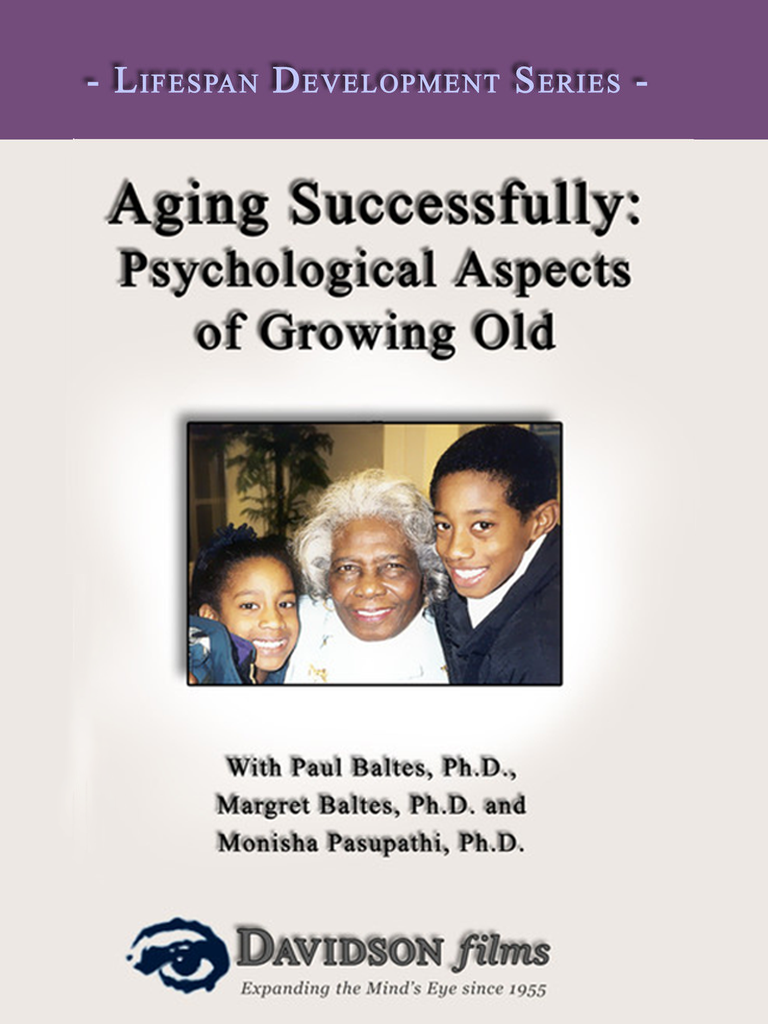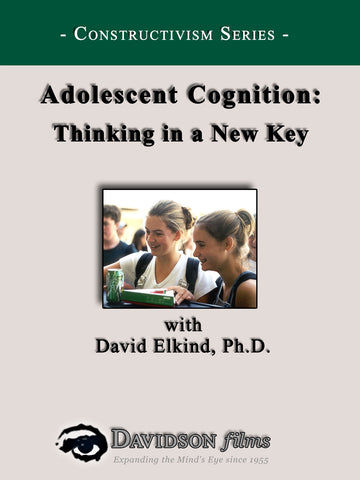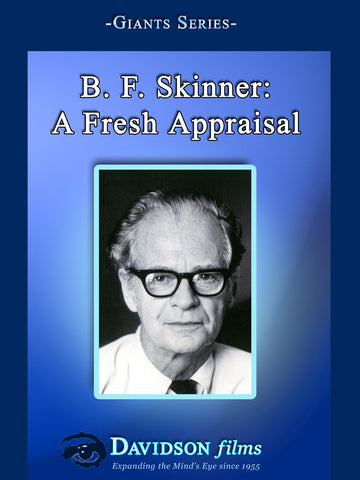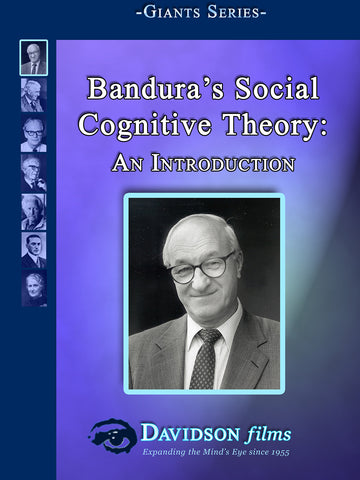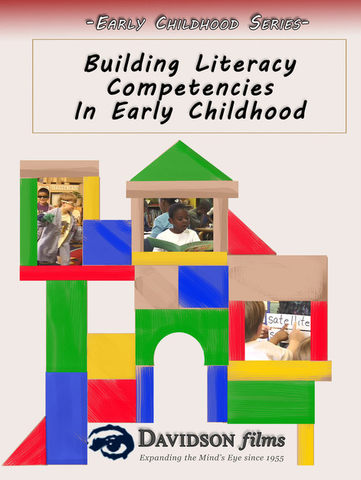Aging Successfully: The Psychological Aspects of Growing Old With Ph.D.s Paul and Margret Baltes
Institutional DVD price: $ 250.00
Description
Systematic examination of old age is a new field inspired by the unprecedented number of people living long enough to become elderly. Developmental psychologists Paul and Margret Baltes have proposed a model of adaptive competence for the entire life span, but the emphasis here is on old age. Their model SOC (Selection, Optimization, and Compensation) is illustrated with engaging vignettes of people leading fulfilling lives, including writers Betty Friedan and Joan Erikson, and dancer Bud Mercer. Segments of the cognitive tests used by the Baltes in assessing the mental abilities of older people are shown. The Baltes discuss personality components that generally lead to positive aging experiences in this visually and intellectually appealing video.
Preview
Learning Guide
Discussion Topics
Reviews
"Aging Successfully focuses on a model of late-life development created by Drs. Paul and Margret Baltes. Narrated by their young colleague, Dr. Monisha Pasupathi, the program introduces five people, some famous, who have gracefully aged. Quickly dispelling the idea that life quality inevitably declines after middle age, decreases in reaction time and reflexes are differentiated from stable, lifelong indicators of intelligence and personality. A brief segment introduces the idea of measuring wisdom. As defined here, not everyone achieves wisdom, but more people older than fifty demonstrate this quality than do younger people.
"The heart of the program is the Baltes' SOC Model of aging, or the Selection - Optimization - Compensation Model. Examples of these three factors are shown through interviews with the five successful 'agers' and with others. Selection refers to the choices that people make from the changing options available to them. Optimization is the process of making the most of and even creating opportunities to fulfill personal goals. For instance, Betty Friedan chose to teach at Cornell, but only to graduate students. Compensation refers to the use of strategies that allow people to continue to do what is important to them. Joe Murray, semi-retired, does not drive his taxicab on days when he feels too tired.
"Aging Successfully does not touch deeply on the impact of physical health or economic well-being, both of which certainly affect one's psychological state and may not be under one's control. The flexibility that underlies the SOC strategies may also be an innate characteristic outside of individual control. The Baltes continue their research to determine those characteristics and strategies that lead to a successful late life, but appropriately stop far short of providing a checklist of what to do and how to act. With tight, minimalist editing and well-chosen interviews, the program serves as an excellent introduction to the Baltes's model. The intended audience is the health care provider and student.
"Recommended for health sciences and academic collections that have an emphasis on gerontology/geriatrics."
--Reviewed by Kelly Hensley, East Tennessee State University, Johnson City, TN

